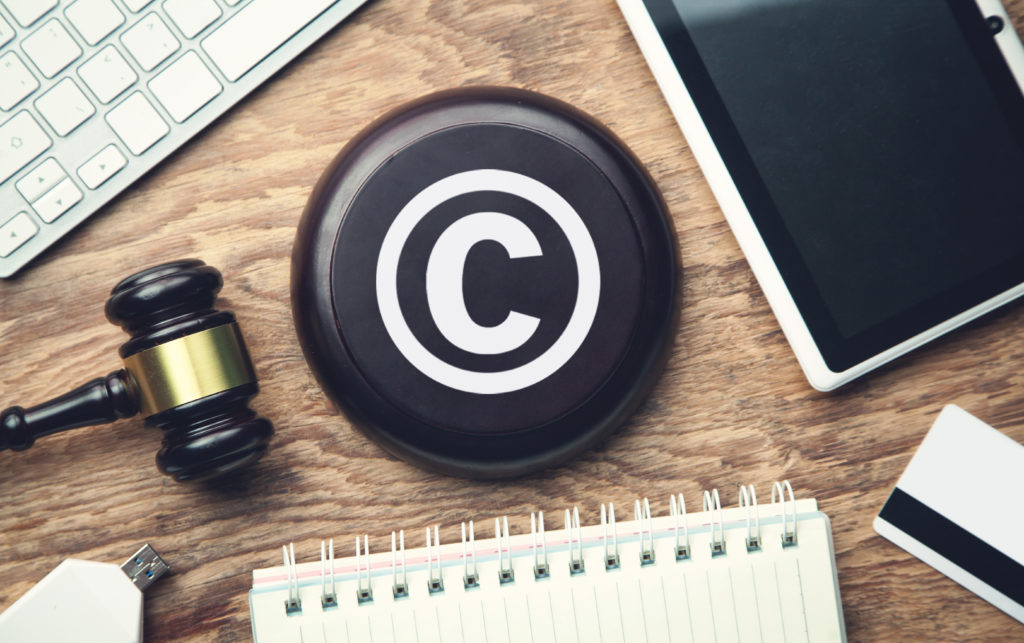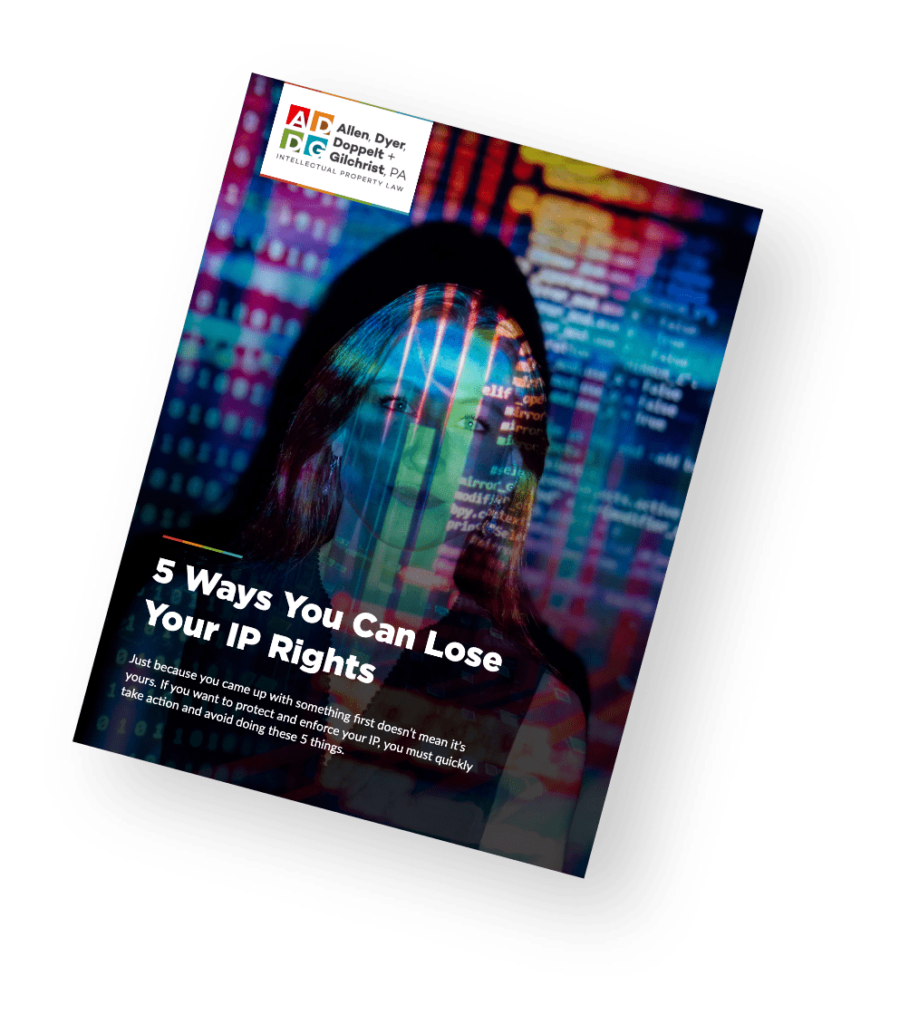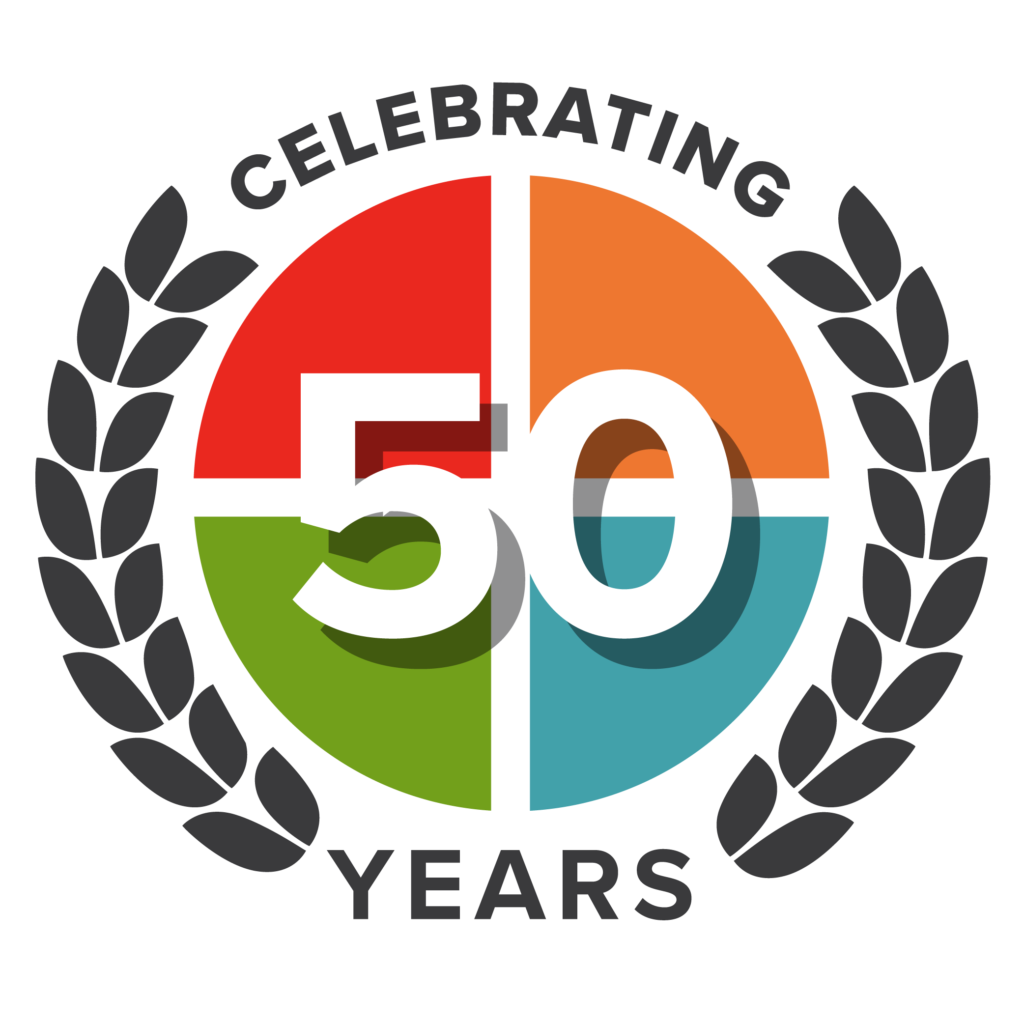
A copyright is a legal right that automatically attaches to original works of authorship that are fixed in a tangible form of expression. Such works are classified as “intellectual property,” and include writings, audio or video recordings, musical compositions, singing performances, photographs, paintings, sculpture, computer software or apps, digital art, live performances and dances, and a host of other “expressions.” A copyright gives an author the exclusive right to print, publish, display, or use the work. Anyone other than the author who wishes to print, publish, display, or use the work must obtain the author’s permission first. Using someone else’s work without permission is called copyright infringement.
How are Copyrights Enforced in the U.S.?
As with any intellectual property, there are no copyright police. Copyrights are generally enforced in the US through private lawsuits (or threatened lawsuits). Meaning, owners of copyrighted works should actively search for would-be infringers and take legal action to stop infringement. Typically, enforcement starts with a letter from the owner’s attorney notifying the infringer of the violation and a demand to cease and desist from all infringement. Often cease and desist letters notify infringers of the owner’s rights and the potential liability for unauthorized use of the copyrights. Sometimes this is accompanied by the threat of a lawsuit.
Where the infringement is found online, such as on You Tube, the owner may be able to take advantage of laws like the Digital Millennium Copyright Act (DMCA) and the Communications Decency Act, which provide mechanisms both to enforce copyright rights and to protect service providers. If you have a dispute with a user of a service, it may be possible to force infringing use to be removed through a DMCA takedown notice.
Where the only option is a lawsuit, various considerations come into play. Through a lawsuit, an owner may seek damages, attorney fees (in certain circumstances) and an injunction preventing forcing the infringer to stop their infringing activities. However, lawsuits can cost parties considerable time and money to reach a resolution. Even the threat of a lawsuit can put people in a defensive and adversarial stance, sometimes making a simple business resolution challenging. For most owners, resolving infringement without involving the court system is the best potential outcome. For example, an infringer may be willing to pay a licensing fee to resolve past infringement and even to continue to use the work. But sometimes there is simply no way to enforce one’s copyright rights without litigation. Whether to negotiate a resolution or to file litigation, experienced copyright litigators can increase the chances of a favorable resolution of a copyright dispute, whether as the owner or the alleged infringer.
If you think someone is copying your work without your permission, you should seek the advice of an attorney to help you navigate your best options in your specific situation.
How are Copyrights Enforced in Countries Outside of the U.S.?
US copyright laws don’t protect US copyright owners against acts of infringement that occur outside the US because US copyright laws do not operate outside of the US. Because the US is a Berne Convention state, US copyright holders may have the right to pursue infringement actions in foreign countries so long as those foreign countries are also members of the Berne Convention. The benefit, therefore, is that US copyright holders may not need to register their copyrighted works in other countries. However, the protections enjoyed by a US copyright owner in other countries is specific to each country’s own copyright laws, making consultation in counsel in both the US and in the relevant foreign country important to understanding options for enforcement.
4 Tips for Enforcing Copyright in the U.S.
Once your creation is fixed in a tangible medium of expression it is automatically protected by copyright. So how then do you enforce your rights?
1. First, Register Your Work
Once a work that you create is fixed in a tangible form of expression (i.e. it is no longer an idea in your mind, but you’ve turned the idea into something that others can see or hear), it automatically gets limited copyright protection. But those protections can be significantly enhanced if you register the work with the US Copyright Office. For example, if your work is registered you get:
- The right to sue for infringement in federal court and collect damages from an infringer.
- Assuming timely registration, the opportunity to seek statutory damages and attorneys’ fees instead of only actual damages.
The goal of these protections is to discourage would-be copycats. If you plan to protect your copyright through litigation, registration is a prerequisite. Importantly, statutory damages and the right to seek attorney fees have requirements on the timing of registration. While it is possible to register your work yourself, a qualified intellectual property lawyer such as those with ADD+G who is familiar with the process and will help you get the most protection allowable and provide advice on the timing of such registrations.
2. Document the Infringement
Sometimes a lawsuit can be avoided, and by accumulating a good deal of “proof” of infringement can provide an advantage in both negotiating a resolution or in preparation for a lawsuit. Oftentimes an infringer decides an alternative resolution that provides certainty that is less costly and time consuming. As a copyright owner, it helps to document the infringement thoroughly. This is best done before sending a cease and desist or DMCA takedown notice. Document every infringing act—take pictures, screen captures, etc. Make sure evidence includes dates and locations of where the infringement was found. Build your mountain of evidence and keep copies of any and all communications you exchange with the alleged infringer.
3. Work with an Intellectual Property Lawyer to Send a Demand Letter
An intellectual property attorney, such as those at ADD+G, can guide you in how to best document infringement, then to assemble a demand letter to the infringer (or a DMCA takedown notice to the service provider of an infringer). A cease and desist letter usually informs the infringer of his/her infringing acts, presents proof of infringement, demands that the infringer stop immediately or face legal action, and may seek compensation for past infringement. When you hire a lawyer to send a demand letter, you are telling the infringer you are serious about your legal rights and will spend the money necessary to protect them.
4. If Applicable, Use the Notice and Notice Regime
An author is not required to place a copyright notice on his or her work. However, using a notice such as the word “copyright,” with the owner’s name, date of publication, and Ó symbol is good practice. Not only will the presence of a notice make it easier to win a copyright infringement lawsuit, it has two additional benefits: (1) it may discourage would-be infringers because it shows you have already taken pro-active means to protect your copyright, and (2) it will make it easier for people who want to seek permission to copy the work to track you down. Displaying a copyright notice may also improve the owner’s legal position in a foreign copyright action.
Work with an Experienced Intellectual Property Law Firm to Enforce Copyright
ADD+G’s attorneys are some of the most experienced copyright, patent, and trademark attorneys in Florida. If you are an someone who creates or has created literary works, music, dance performances, paintings, sculpture, photographs, videos, films, computer programs, apps, architectural works, or other new media such as digital media, make sure your efforts are protected. Contact us today to receive legal advice from one of our intellectual property attorneys on how to best protect your copyrighted works.
About the Authors
Ryan Santurri is a Florida Board Certified Intellectual Property Law Attorney. He advises clients in the areas of intellectual property and related litigation involving patents, trademarks, trade secrets, copyrights and right of publicity. He also provides trademark and copyright acquisition and counseling services. Ryan has also been involved in successful appeals to the Federal Circuit, including favorable appellate decisions on rulings from trial and from the United States Trademark Trial and Appeal Board.

As an Associate Attorney, Trevor F. Ward assists in various business disputes, patent and trademark disputes, and litigation matters. Trevor is ideally suited to helping inventors, artists, and business people protect their intellectual property.

Share This




